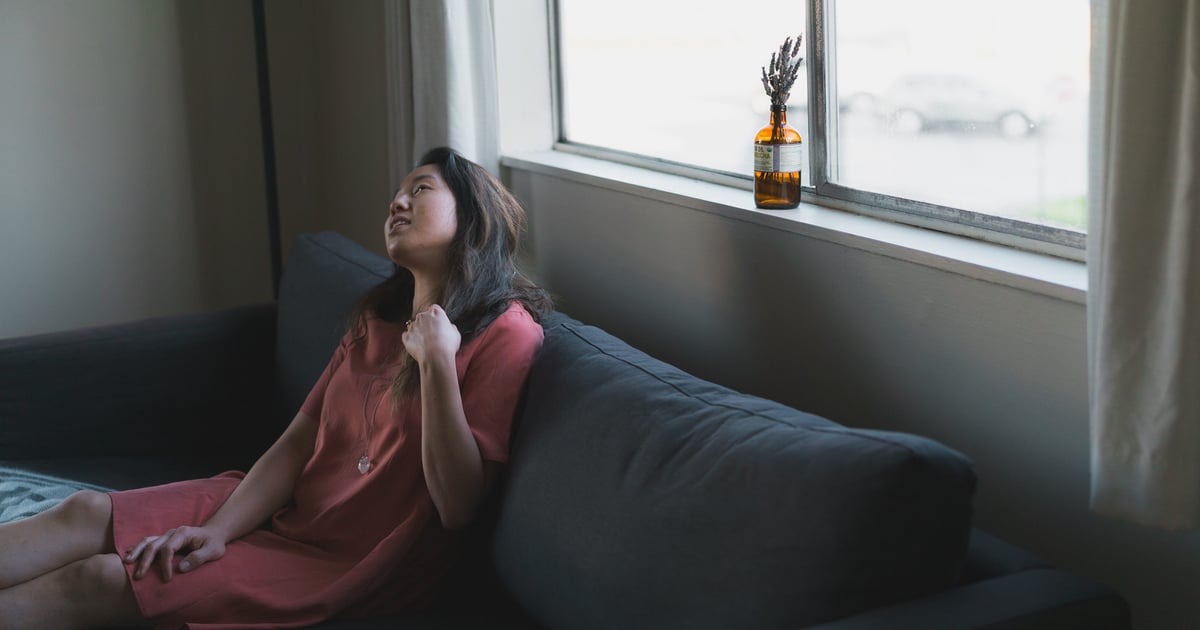
Everyone is talking about self-care these days, and I, for one, couldn’t be happier. We as a culture are finally realizing that practicing meditation or booking a spa appointment isn’t indulgent or even selfish but an important way to take care of yourself. As a mom, this is an especially valuable message to receive, since (and I know I’m not alone here!) I’m so quick to chastise myself if I take time away from my family to focus on my own needs. That mom guilt is as much a part of parenting as potty-training. Thankfully, the self-care trend seems to be here to stay. And if you’re like me, you’ll appreciate having permission to take stock of what you need to feel happy, less stressed, and more capable of tackling life’s challenges. I find that therapy ticks all of those boxes. In fact, I regard my regular sessions as an integral part of my self-care regimen.
Half of those reading this could be as turned off by the word “therapy” as some members of my extended family. Many of the people closest to me feel strongly that therapy just isn’t for them. I respect their point of view but gently suggest that if they haven’t tried it, they don’t know what they are missing! To the people who have been to therapy and feel they didn’t “get anything out of it,” I would ask how many sessions they attended. And see if they would consider speaking to someone else, to find the right match. I used to be in the camp of folks who thought therapy was useless. How could talking to someone who didn’t even know you help in any way? Isn’t that what your friends and your mom are for . . . to listen to you vent? It’s a waste of time and money!
Then, I suffered from a late-pregnancy loss, and suddenly, I needed help. Any help at all. I was in complete crisis, deeply depressed and grasping for some kind of lifeline to keep my head above water. My doctor told me to see a therapist, and for the first time in my life, I was completely open to the idea. I figured it couldn’t make things worse, so why not? Still, when I walked into my very first session, my skepticism was probably tangible. I left after my hour was up thinking, “This won’t work for me.” After all, my therapist had spent our time asking painfully personal questions that only served to sharpen my already-raw emotions. I told my husband that after the six sessions our insurance would cover were over, I was done.
I’m so glad I invested those remaining five hours in giving therapy a chance. No, I wasn’t cured of my depression, but I was cured of my misperceptions about what therapy does. I learned that talking to someone I didn’t know about my innermost thoughts and fears became easier with time — even easier than confessing these musings to my best friends or my husband. My therapist wasn’t judging me, or trying to fix me, or sharing her own experiences with grief. She was simply listening.
I learned therapists aren’t there to solve your problems. Instead, they can help you develop tools for dealing with particularly tough emotions. For example, right after my loss, I felt certain I’d never be happy again. My therapist encouraged me to find one thing in my day that sparked even the slightest amount of joy, even if it was fleeting. A cup of coffee; that’s all I could come up with at first. But over time, that one, teeny thing turned into more things. Now, about a year later, I am able to identify so many things that make life worth living.
If nothing else, my therapist helped me see that grieving is a process. She told me I would feel better. Early on, I didn’t believe her. But I think it was important for me to hear that message. I also needed to hear that everything I was feeling was completely normal.
I need therapy to help strengthen my hope that living with loss will continue to get easier over time.
After our insurance stopped paying for the sessions, I could have quit therapy. But I’ve kept going regularly and don’t plan to stop any time soon. I am so very grateful we can afford the appointments, because it’s not cheap! But instead of going to yoga classes, getting biweekly pedicures, or attending a meditation retreat — all of which sound amazing! — I choose to put my money toward therapy as my form of self-care. Given what I’ve been through, I know how important it is to tend to my mental health. I think about it like this: I love a good plank for strengthening my core muscles. I need therapy to help strengthen my hope that living with loss will continue to get easier over time. And just as I count on empowering mantras to lift me up, I count on therapy to supply me with strategies to deal with bad days. When I need some warm and fuzzy feelings, I turn to my favorite chocolate chip cookie recipe. When I am consumed by the feeling that I’m completely alone in what I’m going through, I rely on my therapist’s experience to repeatedly debunk my false belief.
Of course, my feelings and experiences are unique to me, but we are all dealing with various challenges in our lives. Self-care is about setting aside time to get a handle on our issues, whether that’s taking a break, healing, or empowering ourselves. Whatever helps you let go, lean in, and just feel good — do it. Tell everyone about it, or tell no one. I am being open about what works for me because I hope it will help someone else who might benefit from therapy feel ready to make that first appointment. Maybe one day you too will also be able to say therapy connects you to the capable, grateful, calm person inside, the person who is leading the best life they can and attempting to overcome obstacles by taking care of themselves, so they can take care of everyone and everything that depends on them.
